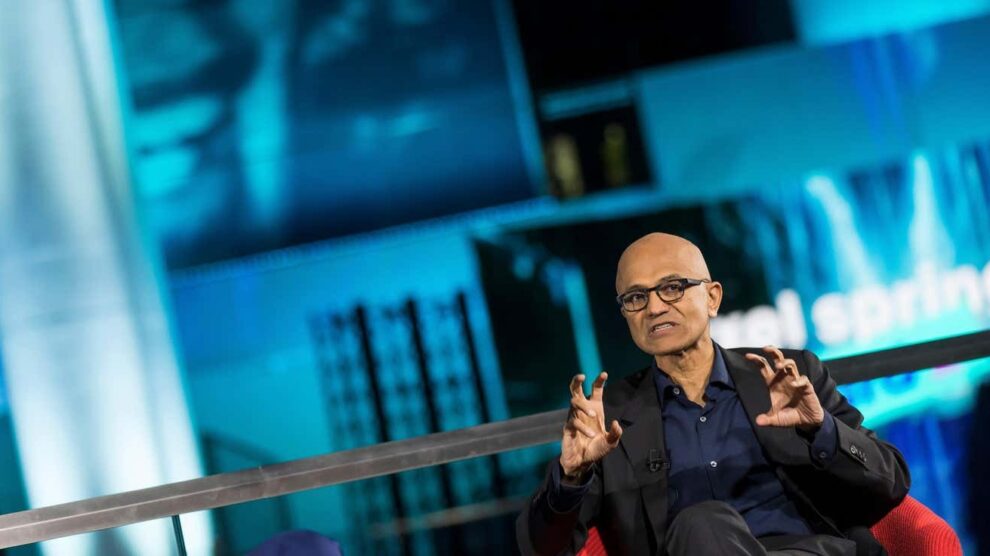The CEO’s Regret
In a recent interview, Microsoft CEO Satya Nadella openly expressed his regret regarding the company’s decision to abandon the Windows Phone platform six years ago. Nadella candidly admitted that he believes alternative strategies could have made Windows Phone thrive, acknowledging a pivotal misstep.
The Rise and Fall of Windows Phone
A Promising Beginning
Back in 2010, Microsoft ventured into the highly competitive smartphone market with the launch of Windows Phone. The objective was clear – to compete head-on with the established giants, Apple’s iOS, and Google’s Android.
Troubled Trajectory
Despite its promising start, Windows Phone faced numerous hurdles on its journey, leading to its eventual decline. Several key factors contributed to the platform’s downfall:
- App Ecosystem Limitations: Windows Phone struggled to amass a substantial app ecosystem, paling in comparison to the extensive libraries of iOS and Android. This hindered the platform’s ability to attract both users and developers.
- Marketing Missteps: Microsoft’s marketing efforts for Windows Phone left much to be desired. Frequently, the messaging was unclear and ineffective, failing to resonate with consumers.
- A Late Entry: Microsoft’s late entry into the smartphone arena meant Windows Phone had to contend with the well-established iOS and Android platforms, presenting an uphill battle from the start.
Nadella’s Insights
In the interview, Nadella reflected on what could have been. He believed that alternative choices could have led to Windows Phone’s success. Microsoft, he proposed, could have carved out a unique niche for the platform by concentrating on developing exclusive features and functionalities that set it apart from its competitors.
Nadella also pointed out that better marketing strategies could have highlighted Windows Phone’s distinct advantages, such as its seamless integration with Microsoft Office and support for Windows Continuum.
Hindsight and Possibilities
While it remains conjecture whether different decisions would have steered Windows Phone towards success, it is undeniable that Microsoft’s past choices played a role in the platform’s fate. Had Microsoft positioned Windows Phone as a more distinct platform and executed more effective marketing, it might have realized success.
Nonetheless, the smartphone market is fiercely competitive, making it challenging for new entrants to gain traction.
In Conclusion
Satya Nadella’s candid admission of regret serves as a reminder that even industry leaders like Microsoft are not immune to missteps. The smartphone market’s cutthroat nature further underscores the complexities faced by all players.
The future holds intriguing prospects as Microsoft continues its foray into the smartphone sector. With a new foldable smartphone in development and the prospect of a revamped Windows Phone, the company appears determined to learn from past mistakes and potentially carve out a significant presence in this fiercely competitive arena.










Add Comment